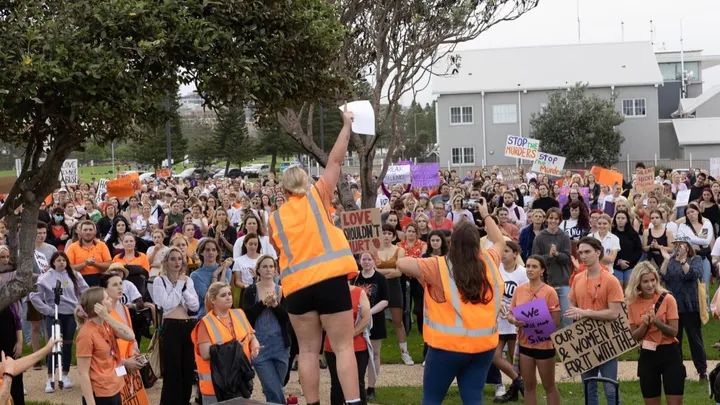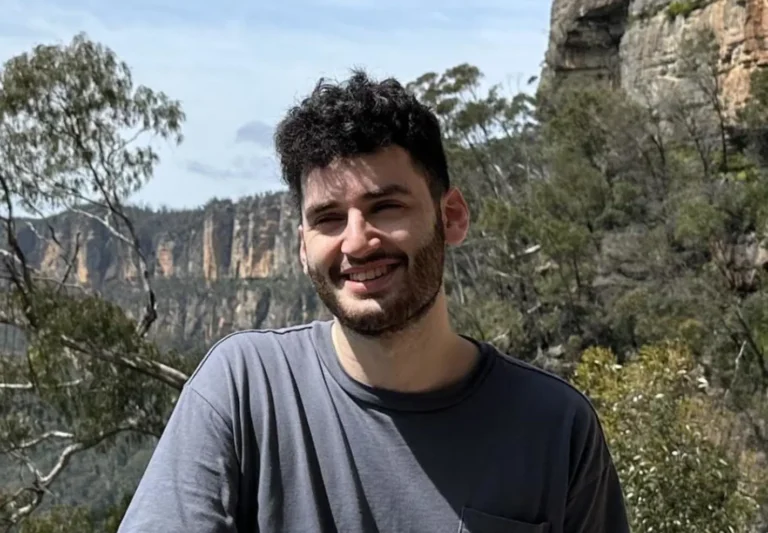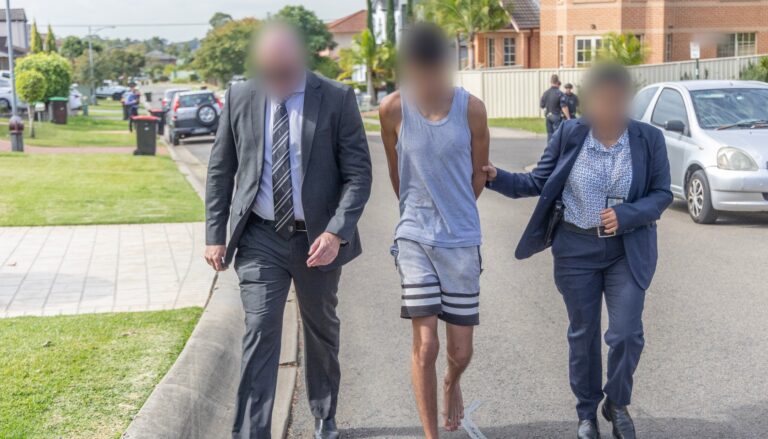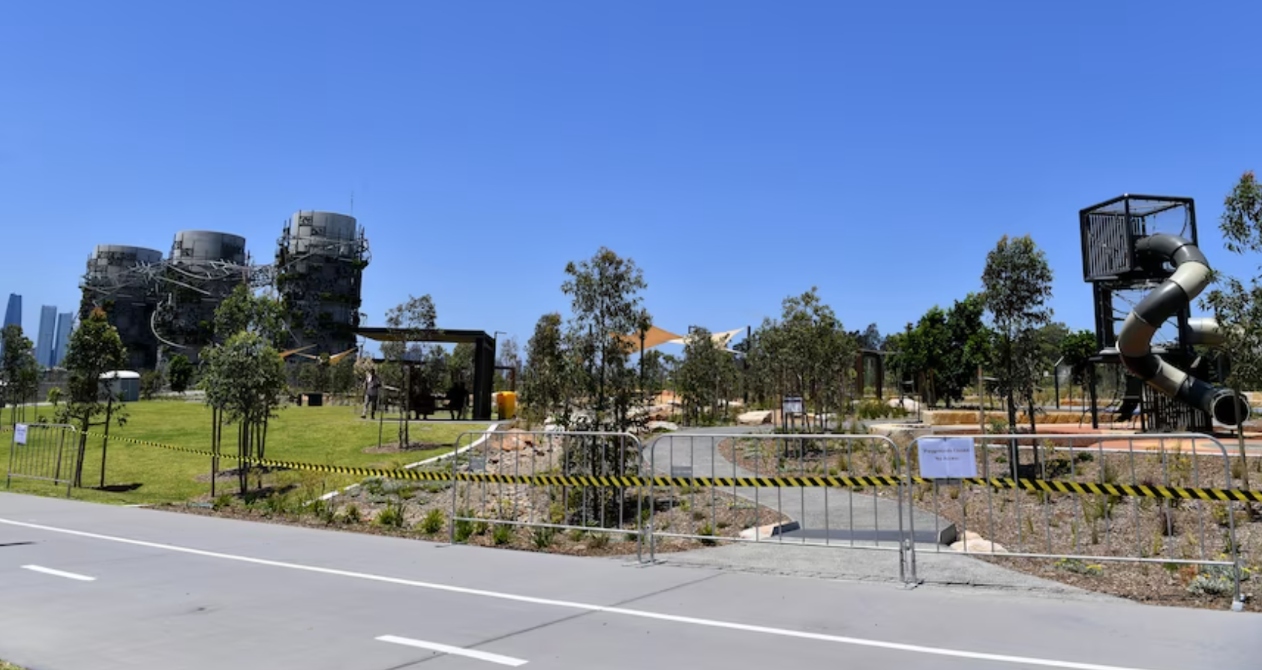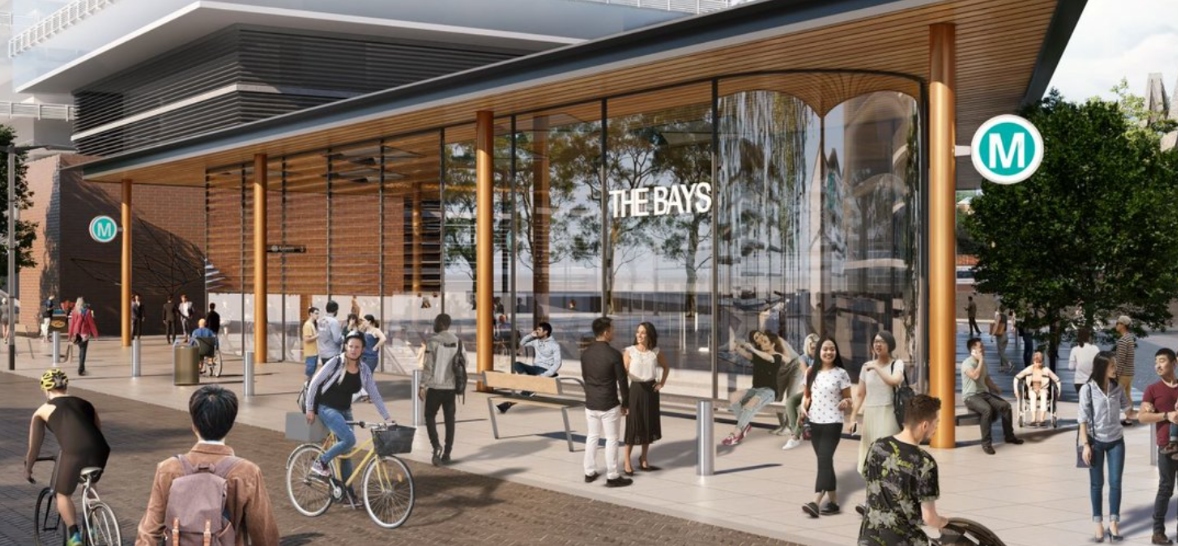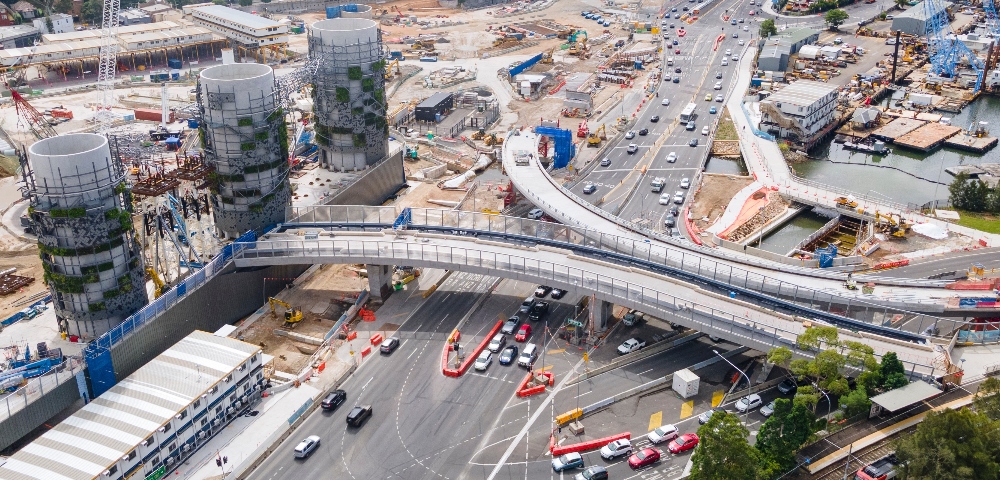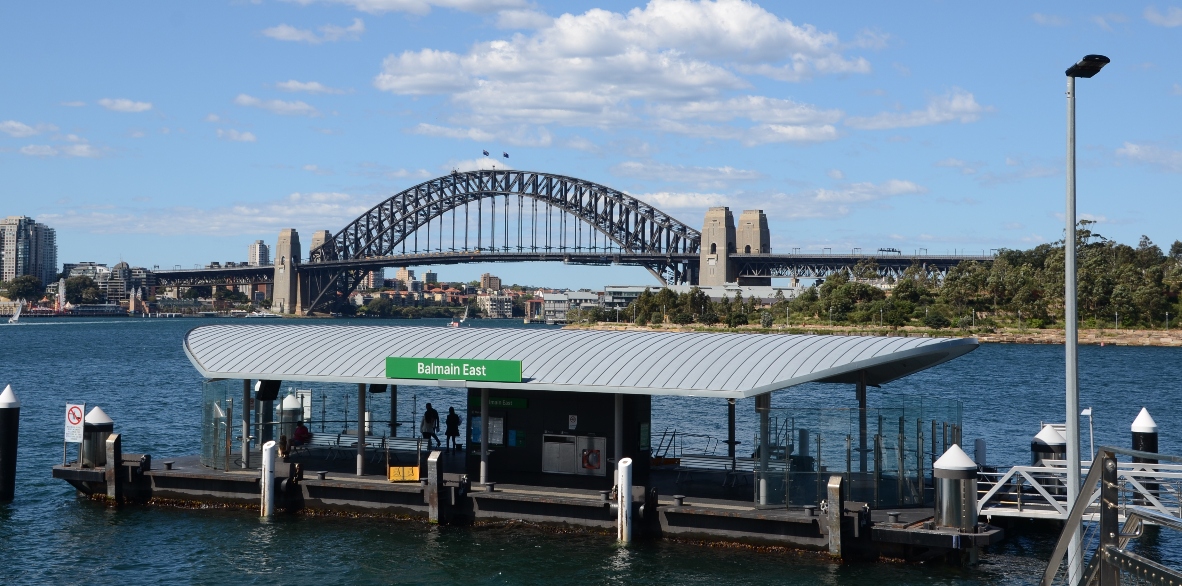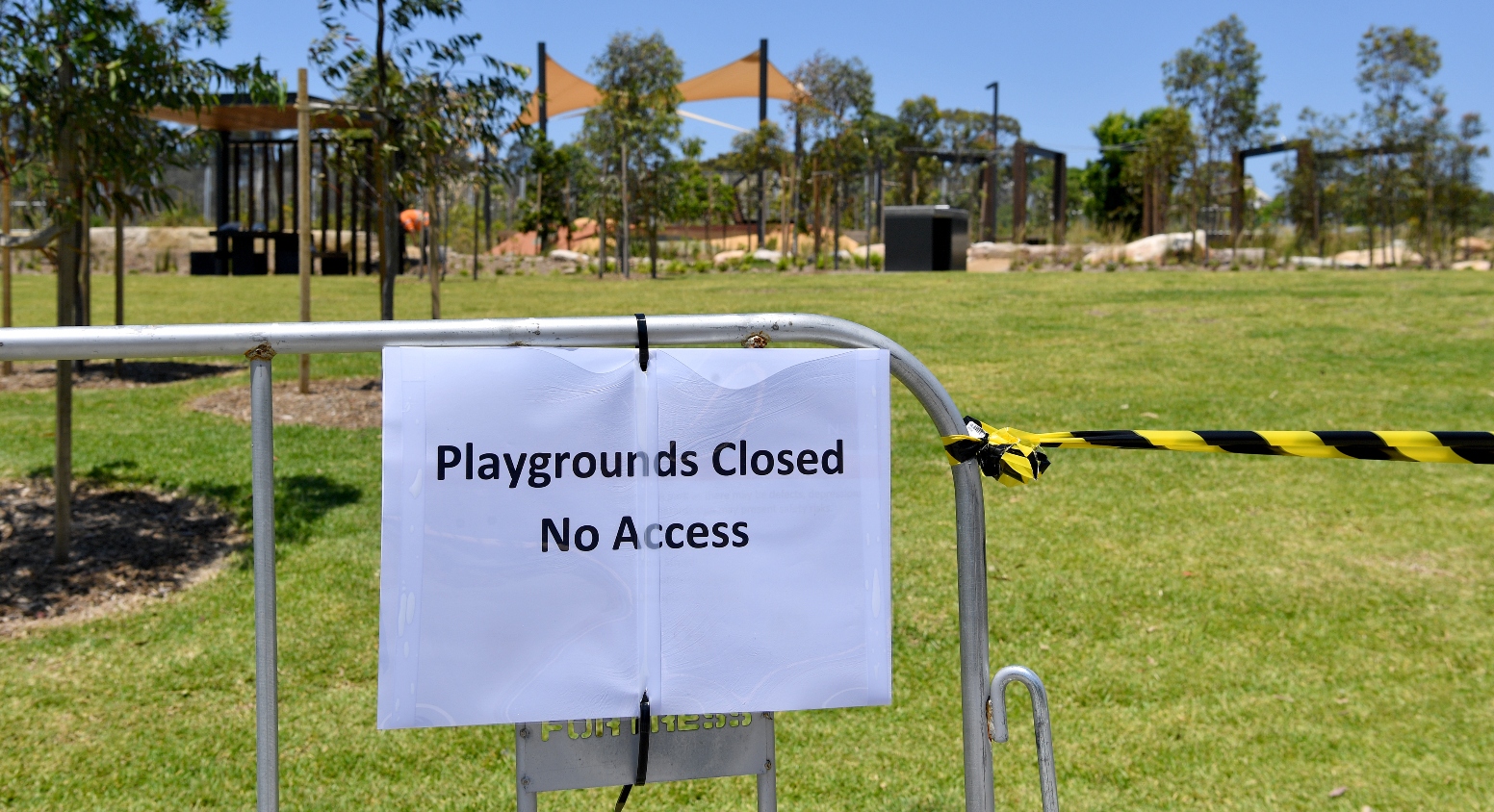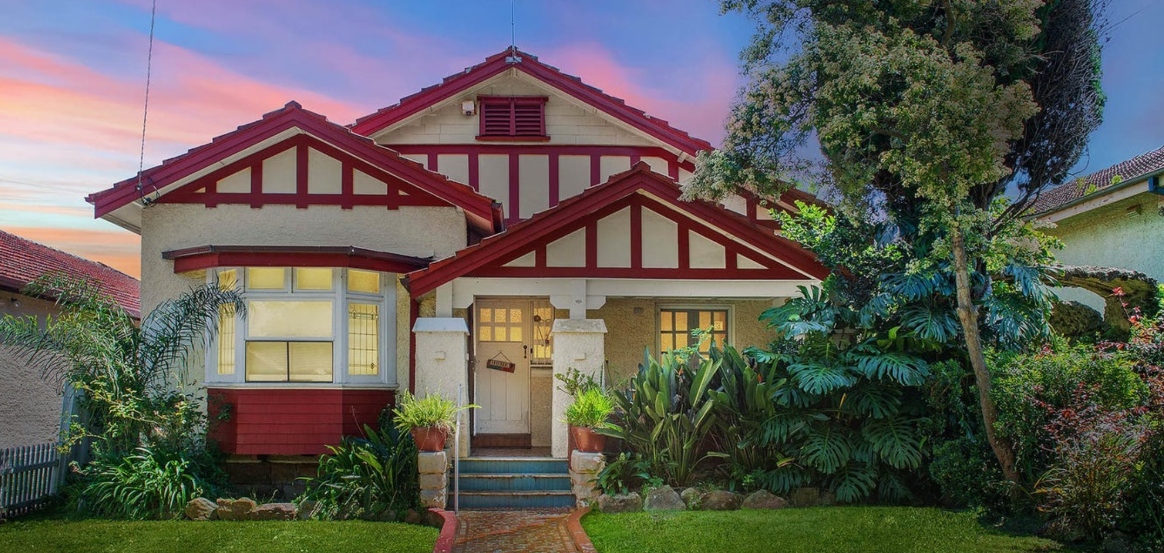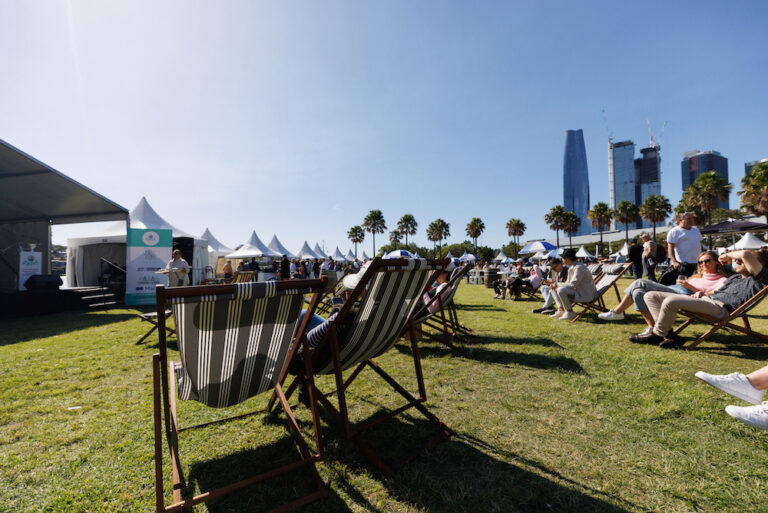
Firth and Parker face off
In one month, millions of electors across NSW will cast their votes, and the near-universal prediction is that the current state Labor government will find itself “dead, buried and cremated”, with the Coalition delivered to the government benches for the first time in 16 years. But for Labor campaigners in the inner west, the local focus is not so much on Barry O’Farrell’s crew, but a desperate defence of the former party strongholds of Balmain and Marrickville – both under serious threat from The Greens.
For sitting Balmain member Verity Firth, on a margin of just 3.7 per cent, the task ahead must seem daunting indeed. Even if Premier Kristina Keneally professes to be aiming for an election win, Firth acknowledges the lopsided polls with her opening gambit: “At a fundamental level, it’s good for a democracy to have a strong Opposition…”
Firth’s acknowledgement of the uphill task facing the party does, however, raise an important point. A key argument being pushed by Labor in Greens-challenged seats is that of the ‘two-horse race’. In a two-party system, they argue, the Greens cannot hope to be anything more than a fringe voice – that achieving real change means voting for one of the big two parties. But in an election where every poll indicates a wipeout for Labor, some have wondered whether a choice between Labor and The Greens simply boils down to which opposition candidate you prefer.
Firth is keen to emphasise the distinction, arguing it is better to have “a strong, experienced voice in a strong Opposition.” But Greens candidate for Balmain Jamie Parker sees the problem as more fundamental for Labor. “Voting for people is not reforming the party,” he says. “To say that people shouldn’t be voting Green because the Labor Party needs to renew, doesn’t fundamentally fix its malaise. Solving their problems is a matter of root-and-branch reform for an organisation that has lost its heart, and has lost its way.”
By contrast, he says, The Greens “can be a voice for the values and priorities of the local community, because we’re uncompromised. At the moment, it’s very difficult for our local MP to be a genuine voice for the local community, as she’s bound by caucus and by head office.”
But an important issue for Greens campaigners is whether they are able to break what may well be not just the habits of a lifetime, but those of generations. Interestingly, though, Parker believes a number of people in the inner west have already decided to do exactly that. “In 1999, when I was elected to Council, there was one Green. Now, there are six. There’s tremendous disappointment with Labor, but they don’t trust the Liberals – so they’re looking to us as an opportunity to talk about something really positive.”

Parker nominates transport infrastructure, re-opening the 24-hour casualty department at Balmain Hospital, wholesale reform of the planning laws, and the light rail extension to Dulwich Hill as important issues for the community.
Firth, meanwhile, points to her record on the light rail extension, helping keep Sydney Ferries in public ownership, and establishing the Common Ground housing project in Camperdown as examples of her achievements as a local member.
A favourite past-time of Laborites is criticising Greens for clinging to their cherished principles, whereas, they argue, being a party of government requires acknowledgement of the dictum that politics is the ‘art of the possible’. And Parker’s response – “there’s a difference between compromise and capitulation” – does betray the reality that, unlike Firth, he isn’t bound to defend unpopular Cabinet decisions.
But Parker’s stance is backed by Labor’s own national review into its disastrous federal election campaign. “It identified too much of an emphasis on unity, rather than the local community,” he says. “The community can come second, if it means someone can keep their job in Cabinet, or if it means the party avoids embarrassment.”
At this point, one approaches the elephant in the room. As an entrant to State Parliament in 2007, Firth distances herself from Labor’s campaign that year, where even the election slogan implicitly acknowledged existing frustrations and disappointments in the community. The underlying question is even more pertinent four years on. It revolves around the question of trust – or to put it more bluntly, “Why should we believe you?”
For her part, Firth still professes to strongly believe in traditional Labor values and ideals.
“We always knew this would be an incredibly hard election – we’ve been in power such a long time,” she says. “But I do still think that the Labor Party is still the party of social justice; it’s still the party that’s delivered 9,000 new social housing units in NSW; and it’s still the party that’s delivered brand-new public housing in our area, and more housing for the homeless. We’ve added 3 million hectares of national park and protected James Hardie workers who otherwise wouldn’t have been protected. So there’s a lot of things that I’m proud of, in terms of social justice, economic justice, and equality.”
Moreover, she emphatically denies there is any offer of an Upper House seat should she lose Balmain on election day. “I can categorically state to you there is absolutely no arrangement for anything else post-March 26,” she said. Asked if it was an outcome she would pursue, she describes it as a “total hypothetical – nothing like that is on the moment, and at the moment, all I’m doing is concentrating on this seat.”
She’s not the only one.
